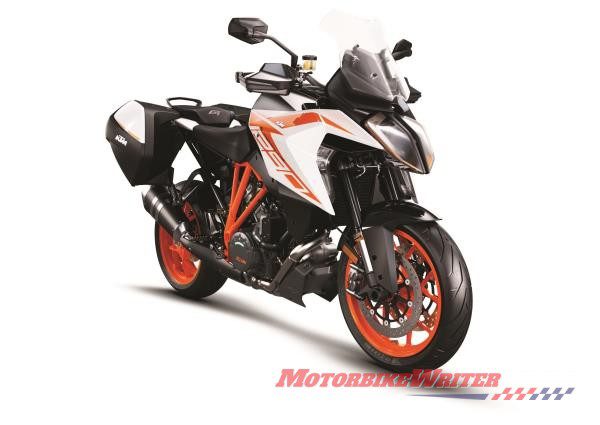Whatever KTM is doing, it seems to be working because the company, together with its acquisition Husqvarna, is defying the worldwide downward motorcycle sales spiral.
The Austrian manufacturing group has just posted record revenue, sales and earnings results for the ninth time in a row.
KTM group sold 135,711 motorcycles in the first half of 2019 consisting of 115,318 KTM motorcycles and 20,393 Husqvarnas. That’s up 7% on last year.
Sales spiral
In Australia, KTM sales are slightly down 4.9% in the first half of the year compared with the 11.4% marketwide downward spiral.
However, KTM is the only company in Australia with increased road bike sales, up 9.1%.
Meanwhile, Husqvarna is down 13.6% and 23.8% in road bikes.
Australian market third-quarter results are expected to be announced in the first week of October.
It will be interesting to see how KTM performs after the factory bought the distribution rights to KTM and Husqvarna motorcycles in Australia and New Zealand in June
Australia is the third largest market in the world for KTM.
Right mix
So what is KTM doing right?
For a long time KTM has been successful on the track and showroom floor with dirt bikes.
Several years ago they realised they could not realistically grow their market share anymore in this sector, so they started to concentrate on road bikes.
KTM has always been successful in converting Sunday track wins to sales, so maybe it has something to do with its MotoGP involvement, although they will pull out of supplying the Moto2 chassis from next year.
Perhaps it is the right mix of motorcycles that is KTM’s strength.
Despite its MotoGP involvement, the company has spurned the sagging super bike market.
Instead, their line-up is comprised of high-performing, modern-styled supermotos, naked, sports tourers and adventure bikes.
Whatever they are doing, it might be time for other manufacturers to look at the KTM sales model.





